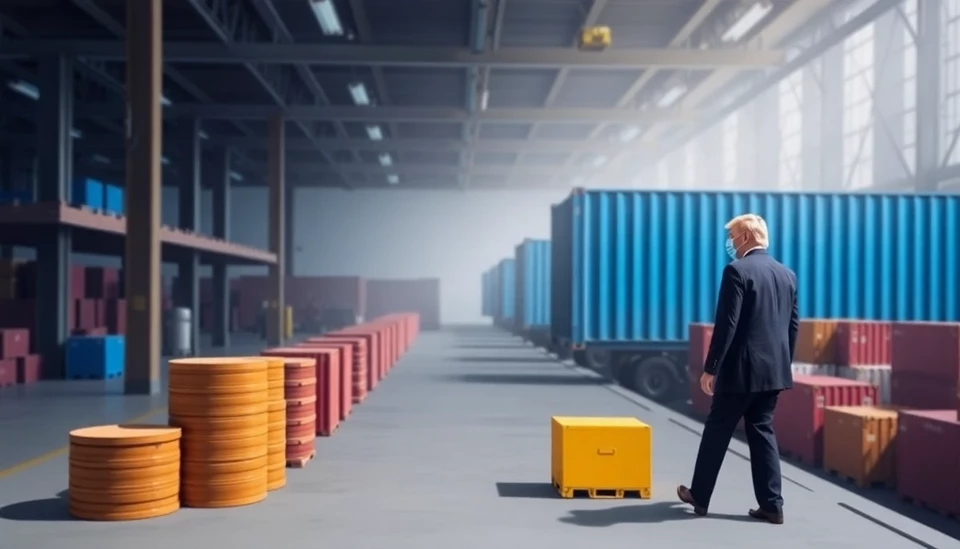
Former President Donald Trump has stirred tensions with his verbal threats regarding the possibility of reinstating tariffs on imports if he is re-elected in 2024. The rhetoric surrounding tariffs isn't merely a matter of political posturing; it has broader implications for both consumers and businesses alike in the United States.
In his recent remarks, Trump suggested that the reintroduction of these tariffs could be an effective tool for addressing trade imbalances and protecting American industries. He argues that higher tariffs on foreign goods would compel manufacturers to bring production back to American soil, boosting local employment and revitalizing the industrial landscape. However, the reality surrounding tariffs is far more complex and nuanced than this simplistic viewpoint.
Economists warn that the burden of tariffs rarely falls on the foreign producers; instead, American consumers and businesses often end up shouldering the cost. When tariffs are enacted, the producers abroad typically pass on these additional costs to U.S. importers, who then increase prices for their products. This results in higher prices at the checkout line for American consumers, leading to inflationary pressures. In a period where inflation remains a significant concern, the potential for added tariffs could exacerbate the situation even further.
Moreover, the imposition of tariffs can instigate retaliatory actions from other countries, resulting in a tit-for-tat scenario that may escalate trade wars. When other nations impose their tariffs in response, it can hit U.S. exporters hard, diminishing their market opportunities abroad. This fear of escalation is especially pertinent given recent histories, where trade tensions have manifested in substantial economic turmoil.
Trump's administration in the past was marked by the introduction of tariffs on various products, particularly from China. These tariffs were designed to pressure China into changing its trade practices. While they succeeded in prompting negotiations, the economic fallout was tangible, with many industries struggling to cope with increased material costs and altering business strategies to adapt to the changing landscape.
As the 2024 elections draw closer, Trump's renewed focus on tariffs may sway voters who prioritize American jobs and manufacturing. However, there is a dichotomy in opinions regarding the effectiveness and advisability of such economic strategies. Some argue that they are necessary to protect domestic interests, while others contend they may lead to a protracted negative economic cycle.
Ultimately, the conversation around reinstating tariffs leads us to consider not just immediate economic consequences but also the long-term implications on international relations and global trade dynamics. As Trump ignites discussions on this critical issue, both supporters and detractors will need to navigate these complex waters to arrive at informed opinions on what such policies entail for the American economy moving forward.
#Trump #Tariffs #Economy #TradeWars #Imports #AmericanManufacturing
Author: Rachel Greene




